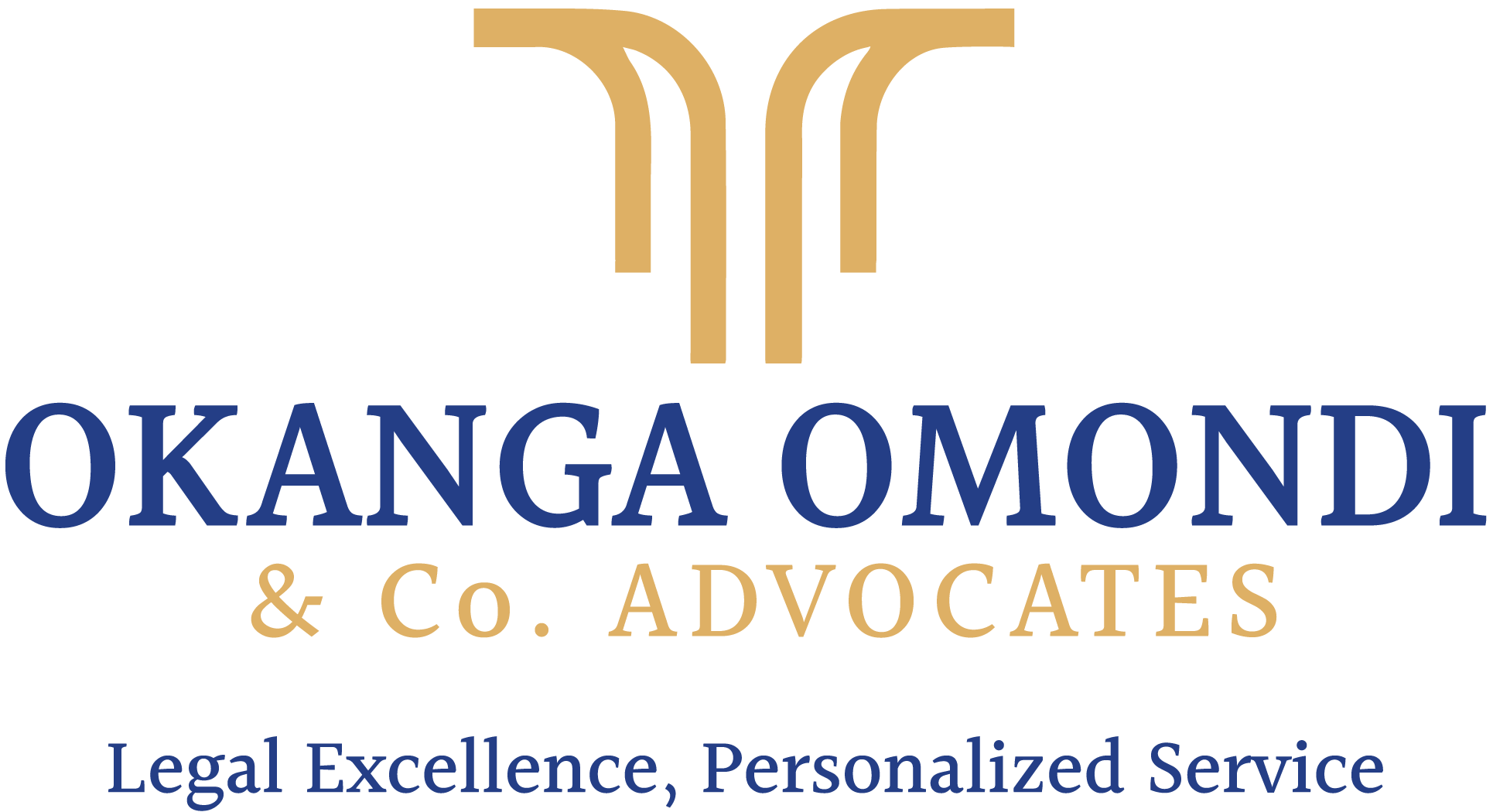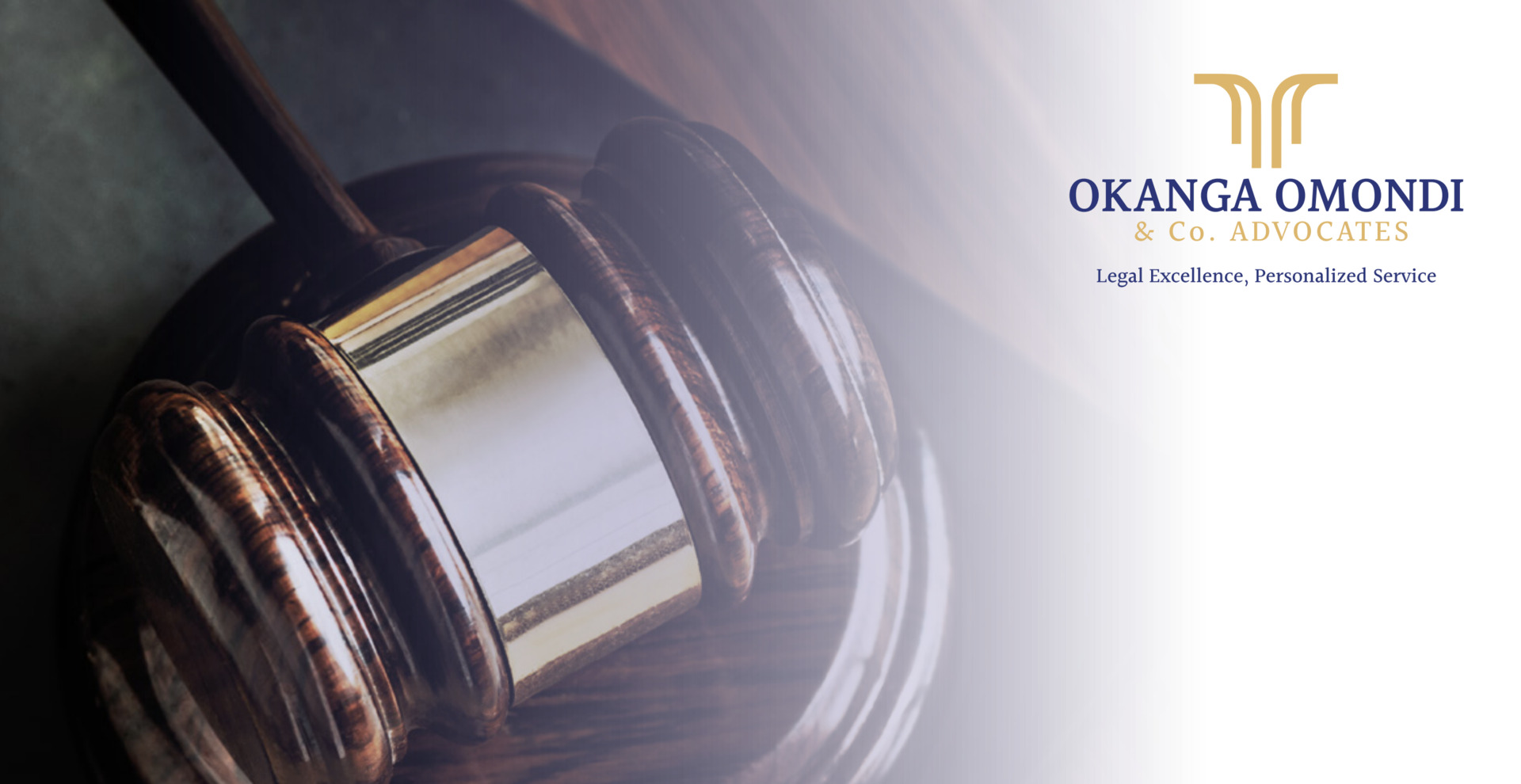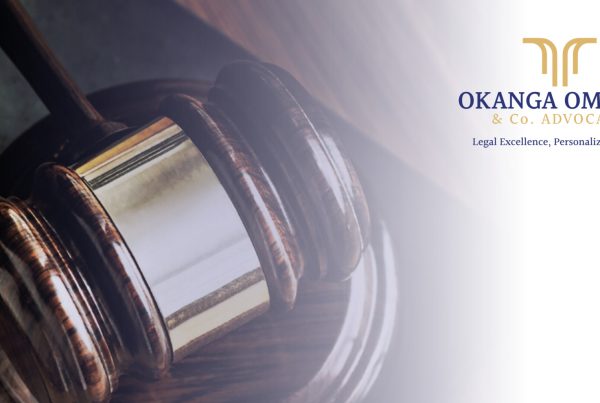Case study: Law Society of Kenya vs Commissioner of Legal Services and Board Coordination, TAT Appeal No. E1069 of 2024
The Law Society of Kenya (LSK) moved the Tax Appeals Tribunal on an appeal against an objection decision by KRA. This was after it objected to an assessment demand of Ksh 101, 446, 447 being VAT (80,048,142) and penalties (Ksh 4,002,407) as well as interests (Ksh 17, 395, 898).
The appeal was based on 8 grounds of appeal, which included, among others: That the Respondent erred in law and fact by subjecting Membership fees to VAT contrary to Paragraph 11, Part II of the First Schedule to the Value Added Tax Act, 2013 (VAT Act). And that the Respondent erred in law and fact by subjecting Practising Certificate fees to VAT contrary to Paragraph 11, Part II of the First Schedule to the VAT Act.
As relates to the two grounds of Appeal, LSK argued that KRA’s decision to assess VAT on its membership fees was contrary to the provisions of Paragraph 11, Part II of the First Schedule to the VAT Act. LSK submitted that, based on its objectives under the LSK Act, it qualifies as an educational institution within the provisions of Paragraph 11, hence it is a professional body dedicated to the promotion of legal standards.
LSK thus submitted that the professional fees it collects from its members, including practising certificate fees, are applied towards discharging many of its objectives and the same is never retained as profits for it.
The application of the membership fees, LSK urged, translates to services offered to its members, such as regulation and professional development. These services are offered exclusively to members of the legal profession and not offered by way of business transaction; hence, the fees are not applied for profit generation but for the betterment of the legal profession.
LSK drew reference to the Tribunal’s decision in the Sigona Golf Club case, wherein the Tribunal had held that entrance fees and membership subscription fees charged by the Golf Club were exempted from VAT as the same were directed towards the maintenance of its facilities and meeting operational costs.
LSK also challenged the assessment of VAT on fees charged for Continuous Professional Development (CPD) events. In this regard, LSK urged that CPD events were meant for the continuous honing of legal skills and knowledge among its members. This, therefore, means that the CPD program is vocational training offered by the LSK exclusively to its members.
Accordingly, LSK urged that for purposes of CPD, the same fell were educational services exempted from VAT under Paragraph 3, Part II to the First Schedule to the VAT Act.
In its holding, the Tax Appeals Tribunal agreed with LSK that membership fees and practising certificate fees are exempt from CPD under Paragraph 11(a) of Part II of the First Schedule. Equally, the Tribunal held that the training provided by LSK under CPD programs and the Annual Conference is exempt from VAT under Paragraph 3(c), Part II of the Second Schedule to the Act, as it constitutes vocational training.
Exemption of VAT on educational services
The First Schedule to the Value Added Tax (VAT) Act provides a list of supplies (goods and services) exempted from VAT.
Specifically, Paragraph 3, Part II of the Schedule provides that the supply of educational services is exempted from VAT. Educational services are defined to mean educational services provided by way of:
- Pre-primary, primary or secondary school;
- Technical college or university;
- an institution established for the promotion of adult education, vocational training or technical education, but does not apply in respect of business or user training and other consultancy services designed to improve work practices and efficiency of an organization.
The tribunal thus found that LSK is an institution established for the promotion of adult education, vocational training or technical education, which it achieves through its CPD programs.
Exemption of VAT on services rendered by educational and welfare associations to their members
Paragraph 11, Part II of the First Schedule to the VAT Act provides that those services rendered by educational, political, religious, welfare, and other philanthropic associations to their members are exempted from VAT.
Additionally, social welfare services provided by charitable organizations, either registered or exempted from registration under the Societies Act, or the Non-Governmental Organization Co-ordination Act, and whose income is exempt from tax under Paragraph 10 of the Income Tax Act and approved by the Commissioner of Social Services.
However, the provisions of Paragraph 11 do not apply where the services are rendered by way of business.
LSK urged, and the Tribunal agreed with it, that it was both an educational and welfare association offering services to its members, hence the membership fees are exempted from VAT.
Note: This publication does not constitute a legal opinion and is published for general information purposes only. Contact us by email: info@okangaomondiadvocates.com or phone: 0716333772 for consultations and a comprehensive legal opinion.


